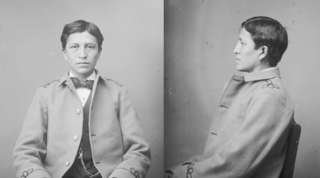A Quote by Robert Southey
There are three things in speech that ought to be considered before some things are spoken--the manner, the place and the time.
Quote Topics
Related Quotes
I don't particularly care about having [my characters] talk realistically, that doesn't mean very much to me. Actually, a lot of people speak more articulately than some critics think, but before the 20th century it really didn't occur to many writers that their language had to be the language of everyday speech. When Wordsworth first considered that in poetry, it was considered very much of a shocker. And although I'm delighted to have things in ordinary speech, it's not what I'm trying to perform myself at all: I want my characters to get their ideas across, and I want them to be articulate.
Teaching some things that are true, prematurely or at the wrong time, can invite sorrow and heartbreak instead of the joy intended to accompany learning.... The scriptures teach emphatically that we must give milk before meat. The Lord made it very clear that some things are to be taught selectively and some things are to be given only to those who are worthy.
I found the speech, after listening to it in context, vile in manner, repugnant, malicious, mean-spirited and spoken in mockery of individuals and people, which is against the spirit of Islam. While I stand by the truths that he spoke, I must condemn in the strongest terms the manner in which those truths were represented.
The poet, being an imitator like a painter or any other artist, must of necessity imitate one of three objects - things as they were or are, things as they are said or thought to be, or things as they ought to be. The vehicle of expression is language - either current terms or, it may be, rare words or metaphors.
Conversation was never begun at once, nor in a hurried manner. No one was quick with a question, no matter how important, and no one was pressed for an answer. A pause giving time for thought was the truly courteous way of beginning and conducting a conversation. Silence was meaningful with the Lakota, and his granting a space of silence to the speech-maker and his own moment of silence before talking was done in the practice of true politeness and regard for the rule that, "thought comes before speech."







































